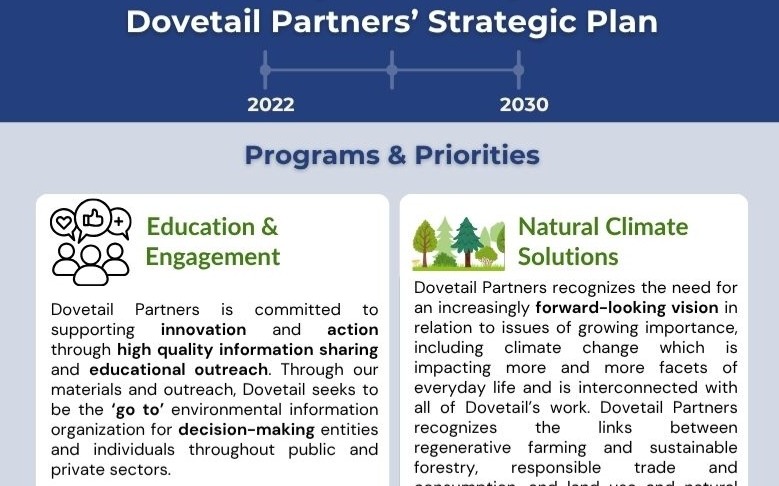Biochar has been successfully used in viticulture to boost productivity through improved plant and soil health without negative effects to the grape or wine flavor. There is a large body of research supporting the application of biochar in viticulture specifically, as well as in soils and compost. A dozen of the most recent and relevant are highlighted in support of biochar’s use in viticulture. While there are some caveats to be considered when applying biochar, if it’s matched appropriately to the soils at establishment, growers are seeing a 2 to 3 harvest payback.
The growing need for improved water management is one of the prime benefits seen in vineyards, and that need is expected to intensify as a changing climate affects water availability further. An additional benefit to an investment in biochar is its longevity—measured in decades to millennia—which also opens the potential for economic benefit from the developing carbon credit markets.
For biochar producers, there are almost a million acres of grapes in the US, offering the industry a sizable market. A one percent market penetration would require about 10,000 tons of biochar annually and though the bulk of grapes grown in the US are along the West Coast, the viticulture market provides opportunity in almost every state.
The work upon which this project is based was funded in whole or in part through a grant awarded by USDA Forest Service Wood Innovations (20-DG-11083150-011). USDA is an equal opportunity provider, employer, and lender.

.png)
.png)
.png)

.png)
.png)